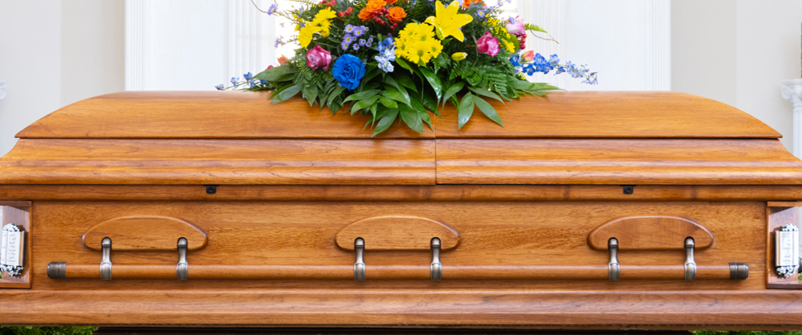The Importance of Educating Families about Keeping the Guest of Honor Around for the Funeral


by: Alan D. Wolfelt, Ph.D.
People frequently say to me, “I’ll just remember them the way they were.” Of course, those of us in deathcare should not be surprised by this reflection; after all, many people have never been taught why to consider keeping the body that animated life present – before and during the funeral.
As people question the value of funerals, part of your gatekeeper role is to theme everything you do with information, education and choices. Why? Because a general trend we have witnessed is that for substantial number of people, the presence of the body at the funeral has become not only optional but even undesirable.
This article reviews some of the historical wisdom surrounding the function of the dead body being present during the funeral. In addition, I hope the content helps you to enhance your capacity to educate families when questions come up related to this important topic.
As you know, the initial funeral element is the visitation, historically called a “wake” or “viewing.” The term “wake” comes from the Middle English waken, meaning “to be awake” and “to keep watch.” It was often customary for the family and primary mourners to keep an around-the-clock vigil over the dead body. The body was kept in the home, often on display in an open casket in the parlor. Mourners took turns sitting with the body 24 hours a day to offer prayers, pay their respects, receive friends and comfort one another. Essentially, they were, in part, saying hello on the path to goodbye.
In these days gone by, the guest of honor wasn’t just present at the visitation – the body was the focal point of the entire funeral process, from the procession into the church to the procession out of the church to the procession to the cemetery through to the committal. The body never left the family’s sight – or their heart. Yet in recent decades, the trend has been toward body-absent ceremonies, which can seem more like parties than authentic funeral experiences. Historically, we understood the essential, universal need to honor and affirm the life of the person who died with the body present throughout the entire funeral process. Now, the guest of honor is often missing.
We seem to be forgetting what many have known since the beginning of time. Throughout human history, clans and tribes revered and stayed present to the body until it was laid to final rest. In fact, cultures the world over have demonstrated a passion to recover the “fallen warrior” and dignify the death by bringing the body home.
In days gone by, the guest of honor wasn’t just present at the visitation – the body was the focal point of the entire funeral process.
Of course, it is important to note that we should always be respectful of exceptions. For ex- ample, not all faith communities find it appropriate to spend time with the body. In Judaism, families sit Shiva without the presence of the person who died.
In addition, there are times when the body has been traumatized and an “appropriate memory picture” is not available to be viewed. In situations like this, other steps can be taken to help families with the lynchpin need of mourning, which is acknowledging the reality of the death. Obviously, this is one of the main functions served by having the body present.
Have you ever heard someone say, “Well, it’s just a shell”? In my experience, this is often an attempt to render the body irrelevant and make it disposable. Regardless of your faith (or lack of) in the soul and the afterlife, the body of the person who died is still precious. It still very much represents the person you love. This is the body that animated life! Doesn’t this person deserve to be accompanied or seen through to the end of their days on earth, which includes the dis- position of their body?
Of course, I don’t need to tell you that a dead body is not the same as the person we loved. No matter your spiritual beliefs, it is clear to anyone who spends any time at all with the dead body of someone they cared about that the soul no longer resides there.
But when we are grieving, the mind seeks proof. So, if we are fortunate, we see the body, we touch the body, we spend time with the body… and our minds, which so very much want to deny the truth, cannot help but begin the process of acknowledging the reality of the death.